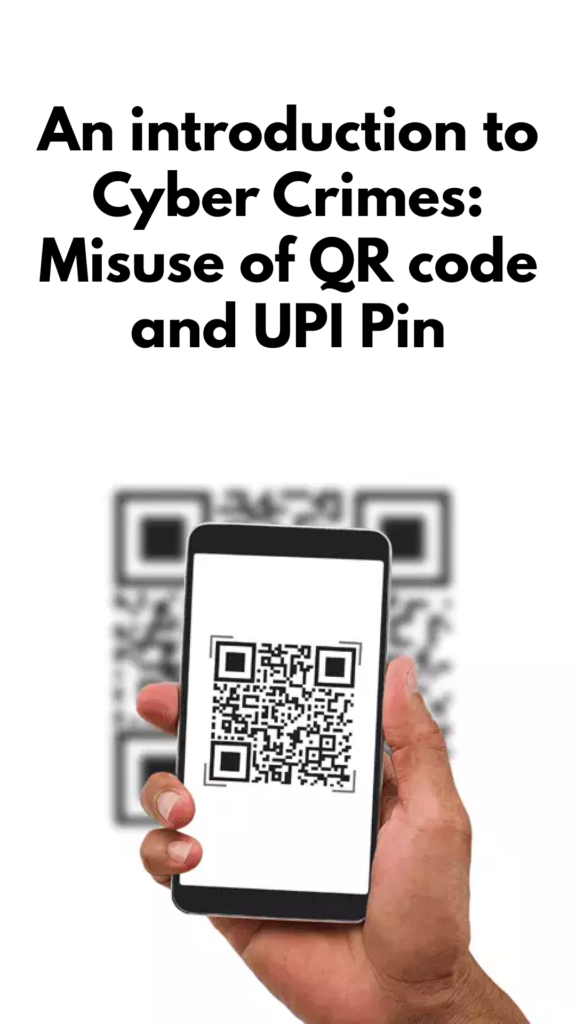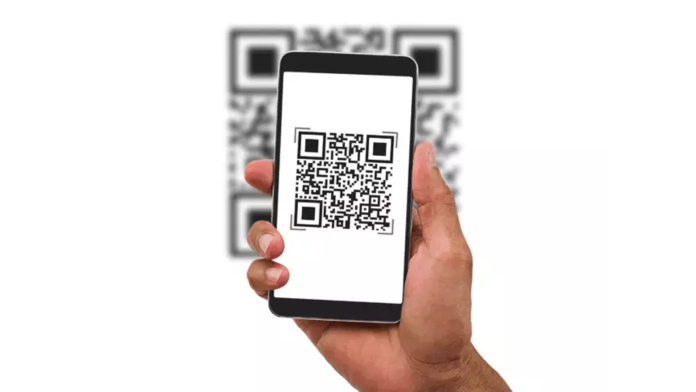Pushed by the Jan Dhan Accounts, Aadhaar linkage, and mobile phone linkage (the JAM trinity), and the advent of Unified Payment Interface (UPI) as a method for digital payments, it seems as if the entire Indian population today has a bank account through which they can do online transactions and payments. January 2023 recorded 8 billion UPI transactions through which a total sum of Rs 13 trillion was transferred.
This shows that internet and digital payments have been a roaring success in India. But along with this, a lack of awareness, sophisticated techniques deployed by cyber fraudsters, lack of a centralised agency to track and investigate these cyber crimes and policing being a state subject has made it all so easy for anyone to scam you out of your hard earned money in a matter of few seconds. Misuse of QR code and UPI pin is the latest type of cyber crimes.

Table of Contents
Recent cyber crime cases: QR code and UPI pin
In 2022 alone, the cyber crimes reporting portal of the Ministry of Home Affairs (MHA) received over 10 lakh cyber crime complaints which was 168% more than in 2021. Going by the thumb rule, this is just the tip of the iceberg as there would be scores of cases which went unreported due to various reasons.
In this context, we are sharing a series of blogs in which we will discuss the most common as well as latest types of cyber frauds being attempted these days. The ways in which we can make out a potential fraud and what to do if we fall prey to a cyber fraudster so that the relevant authorities take a speedy action to recover our money.
Types of cyber crimes
The first type of cyber crimes we are discussing is the UPI QR code or UPI PIN scam where cyber crimes fraudsters share a QR code and request you to scan it so that you may receive a pending payment. Please remember – scanning a QR code or entering the UPI PIN is required only for making a payment and not for receiving money.
This scam is most commonly perpetrated through apps like OLX, Quikr, etc. If you have put up an ad to sell any item on these apps, the fraudsters approach you posing as genuine buyers. They engage in little or no negotiation and at times they might agree to buy all items if you have posted multiple items online for sale. Please note they won’t request to meet you physically or look at the items for sale in person. Once the amount is finalised, they will share a link or a QR code and request you to click it or scan it so that you can receive the payment. However, you never receive a payment by scanning a QR code, and the amount will get deducted from your account and you might never get it back.
If you reach out to the fraudster after making the payment, they might ask you to share your ID documents like Aadhaar card or PAN card for refunding the amount to you. Please never do this. They shall misuse your documents to either obtain SIM cards or open mule bank accounts to receive money in them.
The cyber criminals also pose as sellers on these websites. They put up ads for items like car, motorcycle, mobile phones, etc., at a mouthwatering price, enticing you to reach out to them and buy the item ASAP. The seller’s profile is usually of an Army man/ Police personnel/ Doctor, etc., so that you trust them right away. Once you talk to them over chat or phone, they will ask you to make the entire payment or a token amount and shall share their account details over phone call. If you make the payment, the amount is gone for good. The seller will start asking you for more payment or deny that they received the money. In reality however, the seller and the item doesn’t even exist, it’s all fake.
Read here on ways to stay safe from such scams.
If you fall prey to such fraudsters, you must
- Reach out to your bank immediately and mention the entire case to them. The Branch Manager can request the receiving bank to initiate a lien on the amount in the account of the cyber fraudster.
- Immediately report the fraud at the cyber crime helpline number – 1930 and fill all details such as the bank account details, transaction number, etc. on the cyber crime website – www.cybercrime.gov.in.
- The faster you report, higher the chances of you getting your money back.
Please follow up with your local police station and cyber crime authorities so they register an FIR as soon as possible and begin investigating the case. In a lot of cases, the police delay converting your complaint into an FIR which slows down the investigation and chances of recovering the amount reduces over time.



